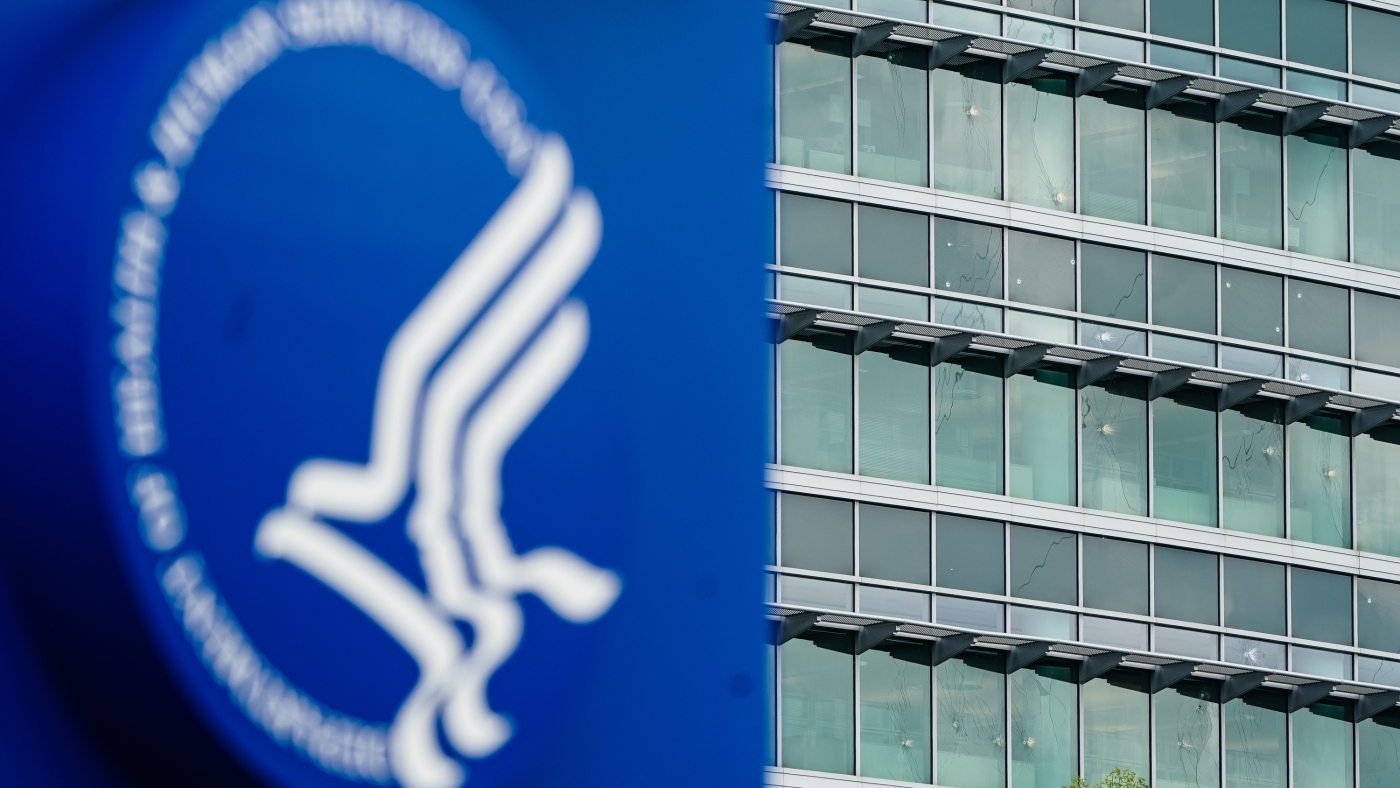Lescure has a tough job ahead. He needs to pass next year’s budget while cutting down France’s big public spending deficit. This is causing concern among financial markets and international groups. He will reveal his budget plans soon in a speech to parliament.
New faces are stepping into key roles in the government. Catherine Vautrin, a former health and labor minister, is now the armed forces minister. Annie Genevard and Rachida Dati will remain in their roles as agriculture and culture ministers, respectively. Their appointments mean they can no longer claim affiliation with the conservative Les Républicains party, as the party decided against joining the government.
Laurent Nuñez, the police chief of Paris, takes on the role of interior minister. Jean-Pierre Farandou, the former head of France’s state-owned railway company, is now the labor minister. Lecornu expressed gratitude for the team he has assembled, emphasizing that their goal is to prioritize the country’s welfare above personal interests.
However, the government’s future is uncertain. The far-right National Rally and the far-left France Unbowed plan to challenge the government and hold significant seats in the National Assembly. The Socialist Party’s support is crucial for Lecornu’s government. They will decide their stance based on Lecornu’s proposals, especially regarding the controversial pensions reform initiated by Macron.
Recent studies show that public sentiment towards government reforms is mixed. A survey by the French Institute of Public Opinion (Ifop) revealed that over 60% of citizens are concerned about changes to pensions. This could influence the Socialist Party’s decision-making.
To navigate these complex political waters, Lecornu may need to consider public opinion more closely. Understanding the people’s priorities could help him secure the necessary support for his initiatives.
Source link
Debt,Emmanuel Macron,France,French political crisis,National budgets,Sébastien Lecornu,Tax





















